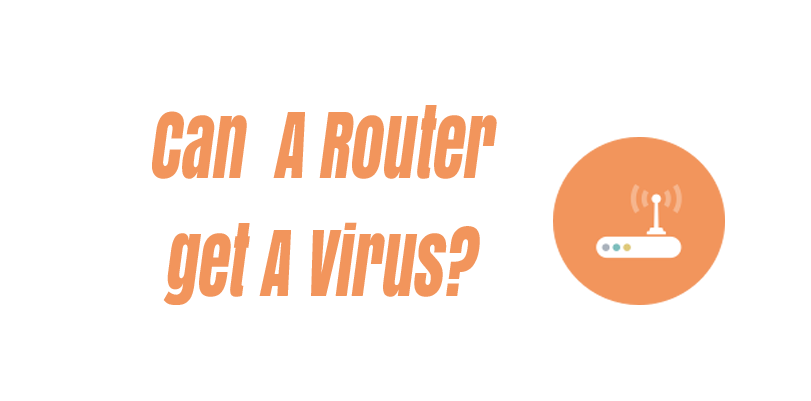If you’ve been ignoring your router as a possible security vulnerability, you might want to consider rethinking how the internet and computer security works.
Many people don’t know it, but your router can get hacked and spread malware to other devices in your network. In this article, we will answer the quest “can a router get a virus” and give you some tips on what you can do to prevent a router virus or security breach on your network.
Multiple Router Virus Pandemics
There have been some massive incidences of router malware spreading on a phenomenal scale.
In 2012, over 50% of Brazilian users had their routers attacked by malware. That means 4.5 million home DSL routers were SILENTLY hacked by cyber criminals, with a large percentage of that number unaware.
Another more recent incident in 2014, resulted in over 300,000 E-series Linksys routers being infected by malware dubbed “Moon Worm”.
One way these hacks came about is malicious DNS servers. It’s very easy for a hacker to change a router’s configuration to point (given that a router has a security vulnerability, as was the case in the Broadcom chip included in various routers) to a malicious domain name server and change the web address of a legitimate website and require some software installation.
Users might visit Google.br and accidentally download a “required plugin”. The rest is history.
Vulnerabilities of Routers
There are many reasons why routers can get hacked and infected with malware.
Most routers don’t have top of the line security, and a ton of routers require constant updates to stay secure–and it can be hard to keep up with these updates from a user standpoint, but it can also be difficult for a company to keep pushing out these updates to support products continuously. The result is security flaw after security flaw and many potential vulnerabilities for hackers.
Other instances of hacks are due to poor default passwords where a hacker barely has to go to any length to bypass the device’s authentication.
How to Make Sure Your Router Doesn’t Get a Virus
- If you have a standard router, always make sure to log into your router once in awhile to update any settings and updates. If your router becomes one year, two years, or even three years out of date, you could be vulnerable to some nasty attacks and malware.
- Make sure that your router password is secure. Don’t use a simple password like “sandwich” or “1234”, or “password”. Instead, generate a secure password with a password manager or write one down and store it in a safe spot.
- Try using router firmware like DD-WRT or Tomato which are open source community tested router security software with consistent updates and stellar security. If you’re feeling lazy, you can also purchase a pre-flashed DD-WRT (VPN router) from a store like TorGuard.
Thanks for reading this article about router viruses.
Don’t forget about your router! That means make sure dust isn’t clogging it up, but also make sure to keep up with updates, or just consider upgrading your router to a more secure model that supports DD-WRT. If you want a good router, check out this one.



